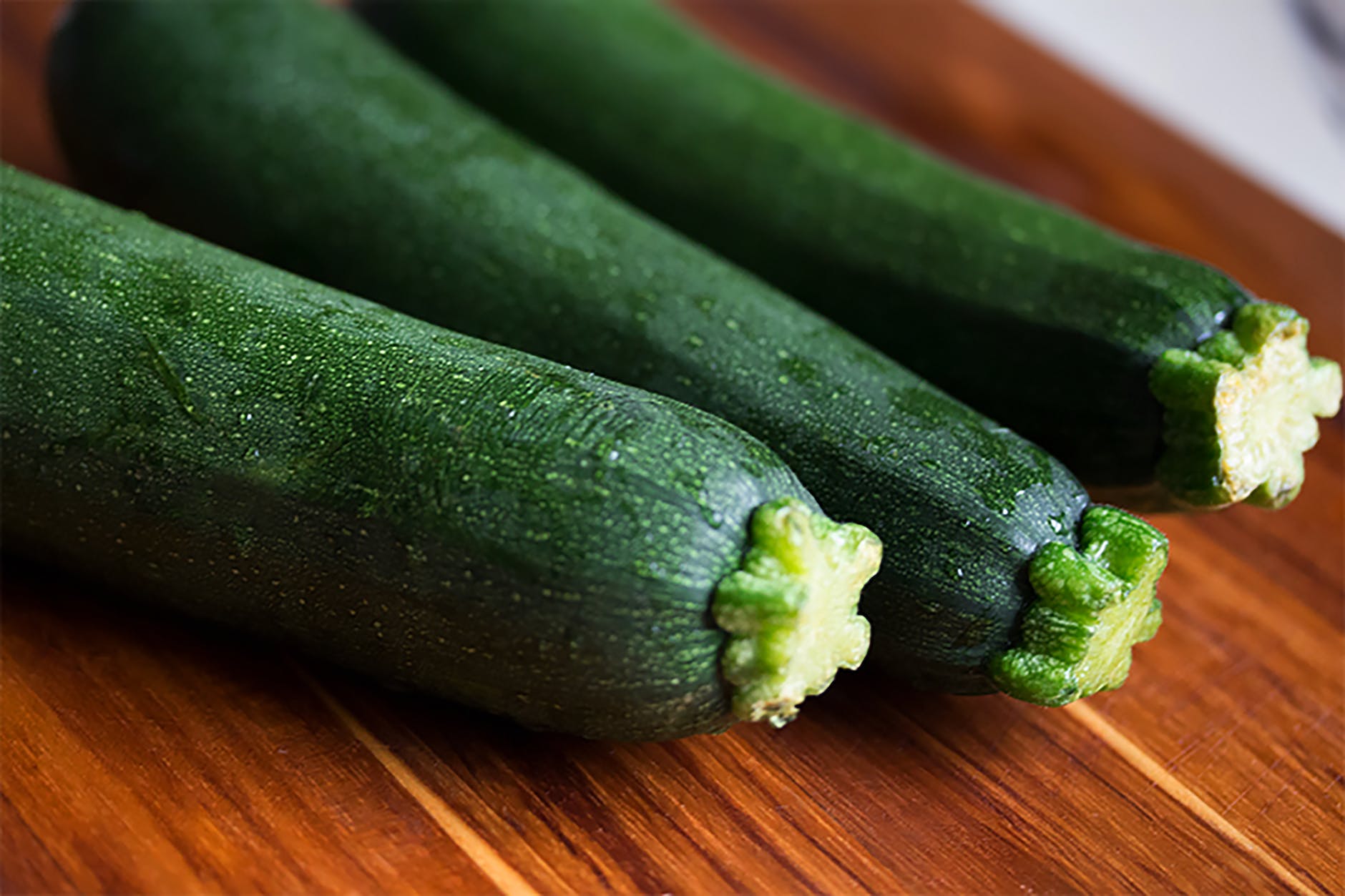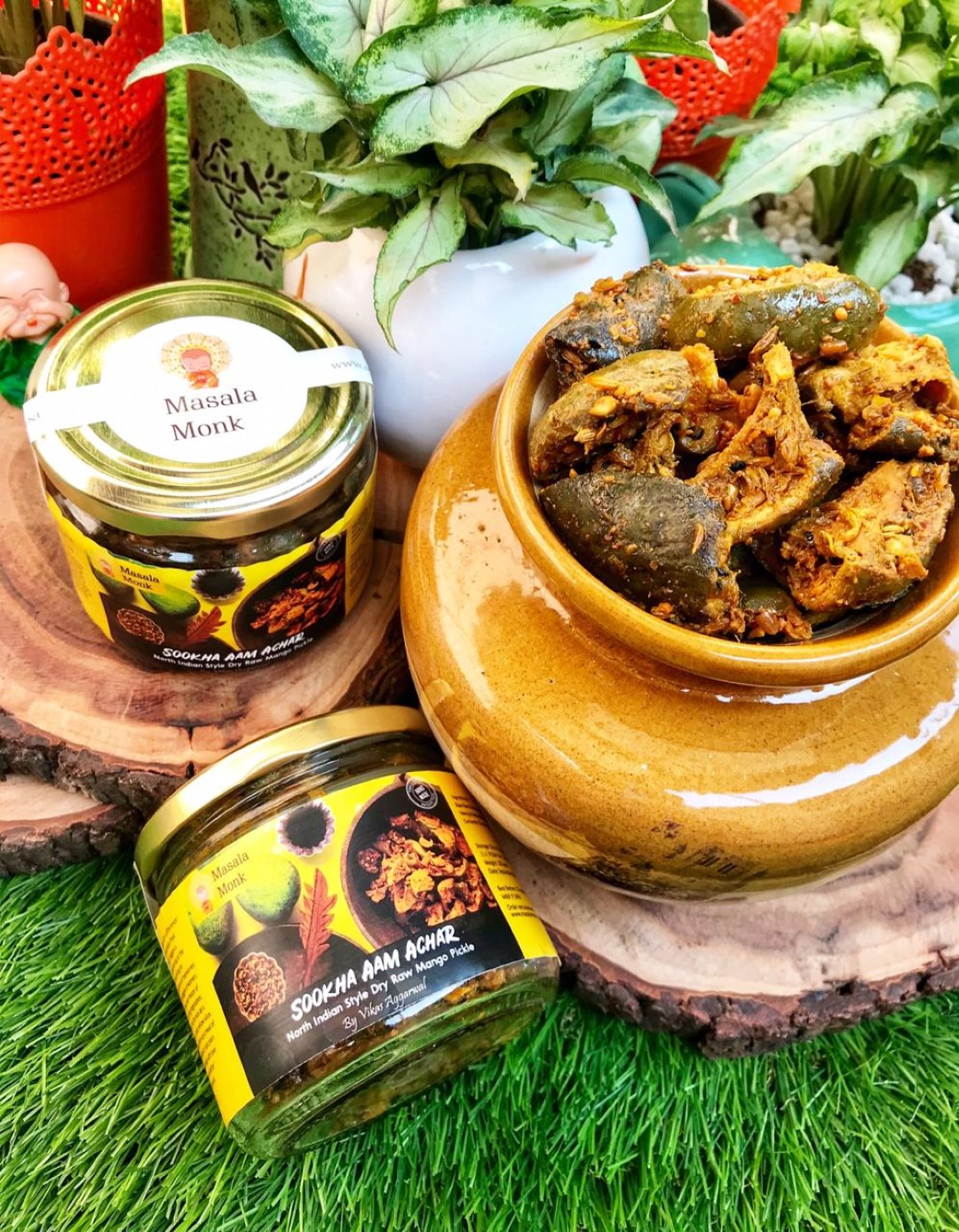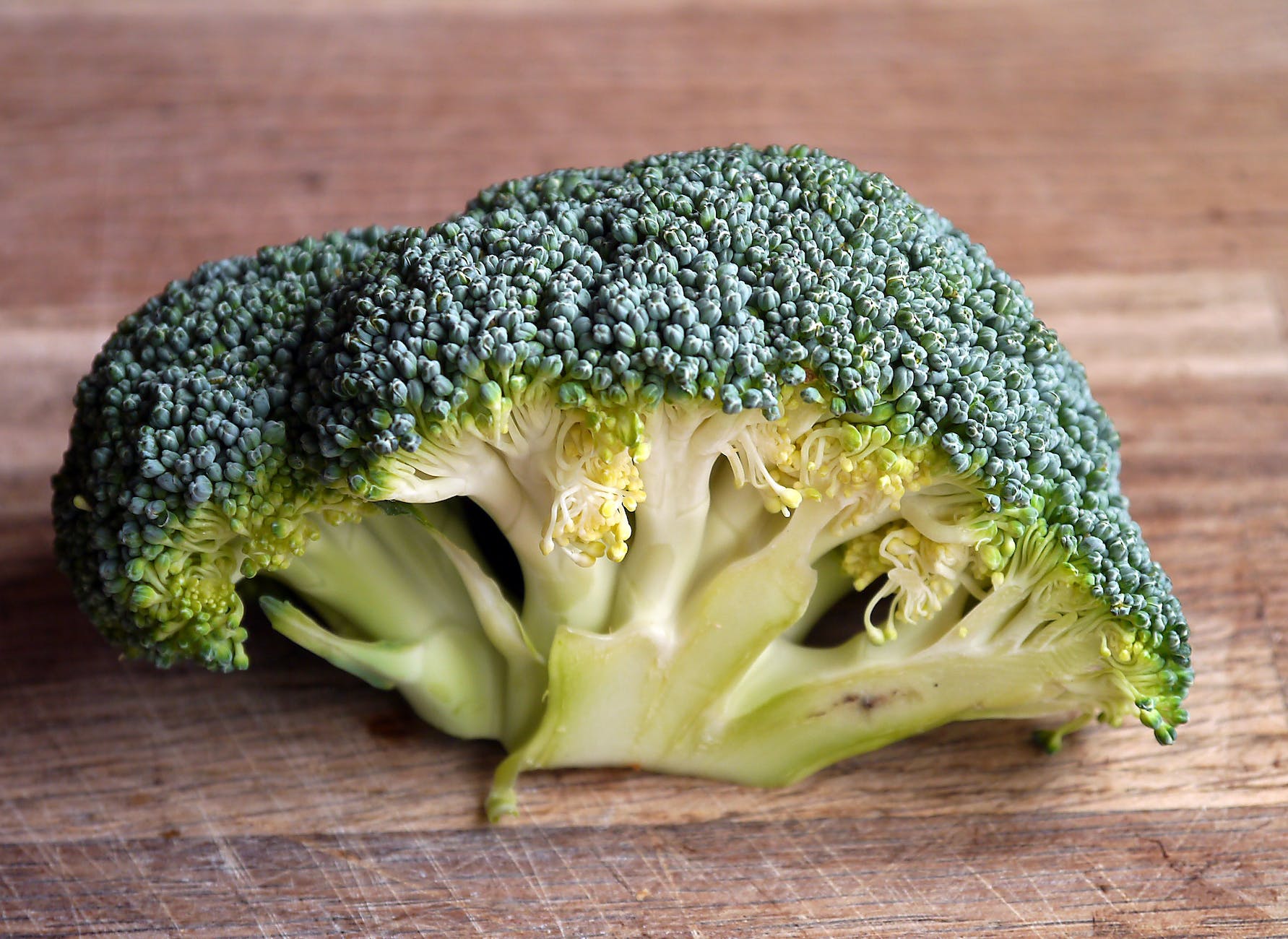
Introduction
Discover the burgeoning realm of diabetes management with Mounjaro, a novel medication making waves in the medical community. As a beacon of hope for individuals grappling with Type 2 Diabetes, Mounjaro has carved a niche for itself, promising not only better blood sugar control but also a pathway to significant weight loss. As you delve deeper into this article, you’ll unearth real user experiences, scientific insights, and a thorough comparison with other diabetes medications. So, if you are intrigued by the potential of Mounjaro, or are on a quest to find the perfect ally in your battle against diabetes and excessive weight, stay with us through this comprehensive exploration.
What is Mounjaro?
Mounjaro, scientifically known as Tirzepatide, heralds a new era in the management of Type 2 Diabetes. This medication, administered as a once-weekly injection, is designed to control blood sugar levels effectively, particularly in adults battling this pervasive ailment. Mounjaro operates as a dual GIP and GLP-1 receptor agonist, orchestrating a symphony of hormonal responses that aim to regulate not only glucose levels but also body weight.
Although the primary battlefront of Mounjaro is Type 2 Diabetes, its prowess doesn’t end there. The medication has shown a promising potential in aiding weight loss, a benefit that resonates well with many patients struggling with obesity alongside diabetes. The journey of Mounjaro from the laboratory to the pharmaceutical shelves underscores a meticulous process of medical scrutiny and clinical trials. And while its venture into the weight loss domain is not yet FDA-endorsed, the results from various studies and user testimonials are painting a hopeful picture.
The availability of Mounjaro has seen some fluctuations, with instances of shortages reported. However, the drive to meet the surging demand continues, as healthcare professionals and patients alike await broader accessibility. The anticipation surrounding Mounjaro’s availability is not without merit; the medication stands as a potential game-changer in diabetes management, offering a dual benefit of blood sugar control and weight loss.
Effectiveness of Mounjaro
The effectiveness of Mounjaro is a tapestry of clinical validations and real-world success stories. At the core of its efficacy is the significant reduction in A1C levels, a crucial marker for long-term blood sugar control. The journey towards optimal A1C levels is often fraught with challenges, but Mounjaro emerges as a formidable ally, assisting in the meticulous management of blood glucose levels.
But the narrative of Mounjaro’s effectiveness extends beyond the realms of blood sugar control. The tales of weight loss accompanying Mounjaro use are not just anecdotal but are backed by a body of scientific evidence. Clinical trials have showcased a remarkable trend – individuals on Mounjaro reporting a substantial shedding of weight, some up to 20% of their total body weight or around 25 pounds on average after a year of treatment.
The intertwining benefits of blood sugar control and weight loss make Mounjaro a compelling option for many. The ripple effects of weight loss are manifold, extending from enhanced self-esteem to a reduced burden on the cardiovascular system. As Mounjaro continues to be a subject of medical discourse and user experiences, its footprint on the landscape of diabetes management and weight loss is becoming increasingly profound.
Side Effects of Mounjaro
With every potent medication comes a spectrum of side effects, and Mounjaro is no exception. While the benefits are promising, understanding the possible adverse reactions is crucial for a well-informed approach to managing diabetes and obesity. Common side effects associated with Mounjaro include gastrointestinal issues such as nausea, diarrhea, and constipation. These gastrointestinal effects are often the body’s initial reactions to the medication, which may subside as the body acclimates over time.
Moreover, some users have reported experiencing tiredness, headaches, and redness or irritation at the injection site. While these side effects are generally considered to be mild to moderate, they can impact the daily lives of individuals, especially when initiating treatment. Altered taste, leading to a metallic or unpleasant taste in the mouth, has also been noted by a few users.
To mitigate these side effects, some individuals have turned to supplementary medications or probiotics, particularly for managing constipation. It’s always advisable to consult with a healthcare professional when experiencing persistent or severe side effects. The dialogue surrounding the side effects of Mounjaro is essential as it provides a realistic picture of what to expect and how to prepare for and manage these adverse reactions.
Cost and Insurance Coverage
The cost of managing chronic conditions can be a significant burden, and the cost of Mounjaro is a critical consideration for many. Mounjaro, being a relatively new entrant in the market, carries a price tag that is considered “super expensive” by some individuals. The high cost may pose a barrier to access for many patients, making insurance coverage a crucial factor in its affordability.
Insurance coverage for Mounjaro can significantly alleviate the financial strain associated with this medication. However, the extent of coverage may vary depending on the insurance provider and the specific healthcare plan. It’s imperative for individuals considering Mounjaro as a treatment option to engage with their insurance providers to understand the extent of coverage and any out-of-pocket costs they may incur.
The discussion surrounding the cost and insurance coverage of Mounjaro is not just about numbers but about accessibility to a potentially life-changing medication. As conversations continue in various platforms and among healthcare stakeholders, the hope for more affordable access to Mounjaro is a prevailing theme.
Mounjaro User Experiences
The narrative of Mounjaro is enriched by the plethora of user experiences shared on various platforms. From online forums dedicated to diabetes management to drug review platforms, the voices of individuals who have used Mounjaro provide a unique insight into its efficacy and tolerability.
On Drugs.com, Mounjaro boasts an average rating of 8.1 out of 10 from over 500 reviews, painting a generally positive picture. Users have lauded the medication for its appetite-suppressing effects, which in turn aid in weight loss, along with its ability to effectively manage blood sugar levels. However, the journey is not without its bumps, as side effects are a common thread in many user narratives.
Individual testimonials reflect a spectrum of experiences, from significant weight loss milestones to improved A1C levels, showcasing the potential of Mounjaro in real-world scenarios. These testimonials form a tapestry of hope, challenges, and triumphs that provide a holistic view of what Mounjaro brings to the table in the management of Type 2 Diabetes and weight loss.
Mounjaro Compared
Navigating through the myriad of diabetes medications can be a daunting task. Among the prominent names are Ozempic and Wegovy, which often find themselves being compared to Mounjaro. Let’s delve into a comparative analysis to see how Mounjaro fares against these medications.
- Efficacy: Both Ozempic and Wegovy have shown effectiveness in managing blood sugar levels and aiding weight loss. However, Mounjaro’s dual GIP and GLP-1 receptor agonist action sets it apart, potentially offering superior control over blood sugar levels and a significant reduction in body weight.
- Side Effects: The trio shares common side effects like gastrointestinal issues, but the intensity and frequency might vary. Each medication has its own set of side effects which might influence the choice of treatment for individuals.
- User Satisfaction: User testimonials and reviews indicate a favorable response to Mounjaro, especially regarding its appetite-suppressing effects which in turn aid in weight loss, alongside effective blood sugar management.
Dosage and Administration Guidelines for Mounjaro
The efficacy of Mounjaro, particularly its 5mg and 7.5mg dosages, is hinged upon correct administration. It’s typically recommended as a once-weekly subcutaneous injection. The dosing may commence with a lower dose to gauge the individual’s tolerance and response and may be escalated to Mounjaro 7.5mg under the healthcare provider’s guidance. It’s crucial to adhere to the prescribed regimen to optimize the benefits and minimize the risk of adverse reactions. Should a dose be missed, it’s advisable to consult with the healthcare provider to realign the dosing schedule.
Availability and Accessibility of Mounjaro 7.5mg
The anticipation surrounding the availability of Mounjaro 7.5mg underscores its potential benefits in managing blood sugar levels and aiding in weight loss. However, availability may vary based on geographic location, and it’s advisable to check with local healthcare providers or pharmacies. Online platforms could also be explored to ascertain the availability of Mounjaro 7.5mg, ensuring a continuity in the treatment regimen.
Mounjaro’s Impact on Cholesterol Levels
Given its propensity to aid in weight loss, Mounjaro could potentially have a favorable impact on cholesterol levels. Weight loss is often associated with improved cholesterol profiles, which is a significant benefit for individuals grappling with both diabetes and high cholesterol. A consultation with a healthcare provider can provide personalized insights into how Mounjaro might influence cholesterol levels.
Blood Pressure Regulation with Mounjaro
Blood pressure management is a cornerstone of comprehensive diabetes care. Mounjaro, through its weight loss mechanism, may contribute to better blood pressure control. Regular monitoring of blood pressure is imperative to ensure that it remains within the desired range and to allow for any necessary adjustments in the treatment plan.
Exploring Psychological Effects: Mounjaro and Anxiety
The journey with Mounjaro may traverse into the psychological realm, with some individuals reporting mood swings or anxiety. It’s essential to maintain an open dialogue with healthcare providers to navigate through any psychological challenges that may arise during the course of treatment with Mounjaro.
Unveiling the Long-term Safety Profile of Mounjaro
The long-term safety and efficacy of Mounjaro remain areas of active investigation. Regular follow-ups and monitoring are crucial to understand the long-term implications of Mounjaro treatment. Staying abreast of ongoing research and discussing any concerns with healthcare providers can provide reassurance and guidance as individuals continue their treatment journey with Mounjaro.
Delving into Weight Loss: Mounjaro 7.5mg
The Mounjaro 7.5mg dosage beckons with the promise of enhanced weight loss benefits. By potentially offering a more pronounced effect on appetite suppression and metabolic regulation, Mounjaro 7.5mg stands as a beacon of hope for significant weight loss over time, thus contributing to better glycemic control and overall improved health outcomes.
Frequently Asked Questions (FAQs)
- Does Mounjaro cause significant weight loss? Yes, many users have reported significant weight loss, and clinical trials have shown promising results in this regard.
- How does Mounjaro compare to other diabetes medications like Ozempic? Mounjaro’s unique mechanism of action potentially offers better blood sugar control and weight loss benefits compared to Ozempic. However, individual responses may vary.
- What are the common side effects associated with Mounjaro? Common side effects include gastrointestinal issues such as nausea, diarrhea, and constipation, among others.
- Is Mounjaro covered by insurance? The extent of insurance coverage for Mounjaro may vary depending on the insurance provider and the specific healthcare plan. It’s advisable to consult with your insurance provider for detailed information.
Resources and Further Reading
For those keen on diving deeper into the realm of Mounjaro, there are several resources available. Here are some suggestions:
- Official Guidelines: Seek out the official prescribing information and guidelines for Mounjaro to understand the medical standpoint on its usage, benefits, and risks.
- Medical Studies: Explore clinical trials and studies discussing the efficacy and safety of Mounjaro for a more in-depth understanding.
- Community Forums: Engage in forums like Diabetes.co.uk, where individuals share their experiences and advice regarding Mounjaro, offering a real-world perspective.













